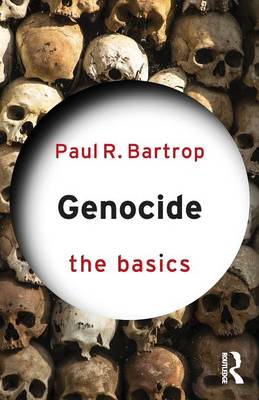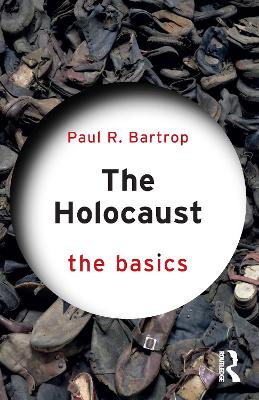The Basics
2 total works
Genocide: The Basics is an engaging introduction to the study of a controversial and widely debated topic. This concise and comprehensive book explores key questions such as; how successful have efforts been in the prevention of genocide? How prevalent has genocide been throughout history? and how has the concept been defined? Real world case studies address significant issues including:
- The killing of indigenous peoples by colonial powers
- The Holocaust and the question of "uniqueness"
- Peacekeeping efforts in the 1990s
- Legal attempts to create a genocide-free world
With suggestions for further reading, discussion questions at the end of each chapter and a glossary of key terms, Genocide: The Basics is the ideal starting point for students approaching the topic for the first time.
The Holocaust: The Basics is a concise introduction to the study of this seismic event in mid twentieth-century human history.
The book takes an original approach as both a narrative and thematic introduction to the topic, and provides a core foundation for readers embarking upon their own study. It examines a range of perspectives and subjects surrounding the Holocaust, including:
- the perpetrators of the Holocaust
- the victims
- resistance to the Holocaust
- liberation
- legacies and survivors' memories of the Holocaust.
Suppported by a chronology, glossary, questions for discussion, and boxed case studies that focus the reader's thoughts and develop their appreciation of the subjects considered more broadly, The Holocaust: The Basics is the ideal introduction to this controversial and widely debated topic for both students and the more general reader.

